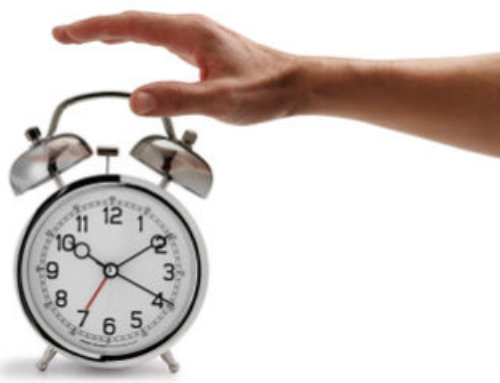EMBARGOED FOR RELEASE: 12:01 a.m. EDT, June 10, 2012
CONTACT: Thomas Heffron, 630-737-9700, ext. 9327, theffron@aasm.org
DARIEN, IL – MRI scans from a study being presented today at SLEEP 2012 reveal how sleep deprivation impairs the higher-order regions in the human brain where food choices are made, possibly helping explain the link between sleep loss and obesity that previous research has uncovered.
Twenty-three healthy adults participated in two sessions using functional magnetic resonance imaging (fMRI), one after a normal night’s sleep and a second after a night of sleep deprivation. In both sessions, participants rated how much they wanted various food items shown to them while they were inside the scanner.
“Our goal was to see if specific regions of the brain associated with food processing were disrupted by sleep deprivation,” said lead author Stephanie Greer, a graduate student at the Sleep and Neuroimaging Laboratory at the University of California, Berkeley.
Results show that sleep deprivation significantly impaired brain activity in the frontal lobe, a region critical for controlling behavior and making complex choices, such as the selection of food to eat. The study suggests that sleep loss may prevent the higher brain functions normally critical for making appropriate food choices, rather than necessarily changing activity in deeper brain structures that react to basic desire.
“We did not find significant differences following sleep deprivation in brain areas traditionally associated with basic reward reactivity,” Greer said. “Instead, it seems to be about the regions higher up in the brain, specifically within the frontal lobe, failing to integrate all the different signals that help us normally make wise choices about what we should eat.”
She added that this failure of the frontal lobe to optimally gather the information needed to decide on the right types of foods to eat – such as how healthy relative to how tasty an item may be – may represent one brain mechanism explaining the link between sleep loss and obesity.
“These results shed light on how the brain becomes impaired by sleep deprivation, leading to improper food choices,” Greer said.
The abstract “Sleep deprivation disrupts human brain reactivity in response to food desire” is being presented today at SLEEP 2012, the 26th annual meeting of the Associated Professional Sleep Societies (APSS) in Boston. To be placed on the mailing list for SLEEP 2012 press releases or to register for SLEEP 2012 press credentials, contact AASM PR Coordinator Doug Dusik at 630-737-9700 ext. 9364, or at ddusik@aasm.org.
A joint venture of the American Academy of Sleep Medicine and the Sleep Research Society, the annual SLEEP meeting brings together an international body of more than 5,500 leading clinicians and scientists in the fields of sleep medicine and sleep research. At SLEEP 2012 (www.sleepmeeting.org), more than 1,300 research abstract presentations will showcase new findings that contribute to the understanding of sleep and the effective diagnosis and treatment of sleep disorders such as insomnia, narcolepsy and sleep apnea.
Follow @aasmorg on Twitter for live updates and use the official hashtag #SLEEP2012 to see what attendees are saying. “Like” the American Academy of Sleep Medicine on Facebook at Facebook.com/sleepmedicine for photos, videos and more.








